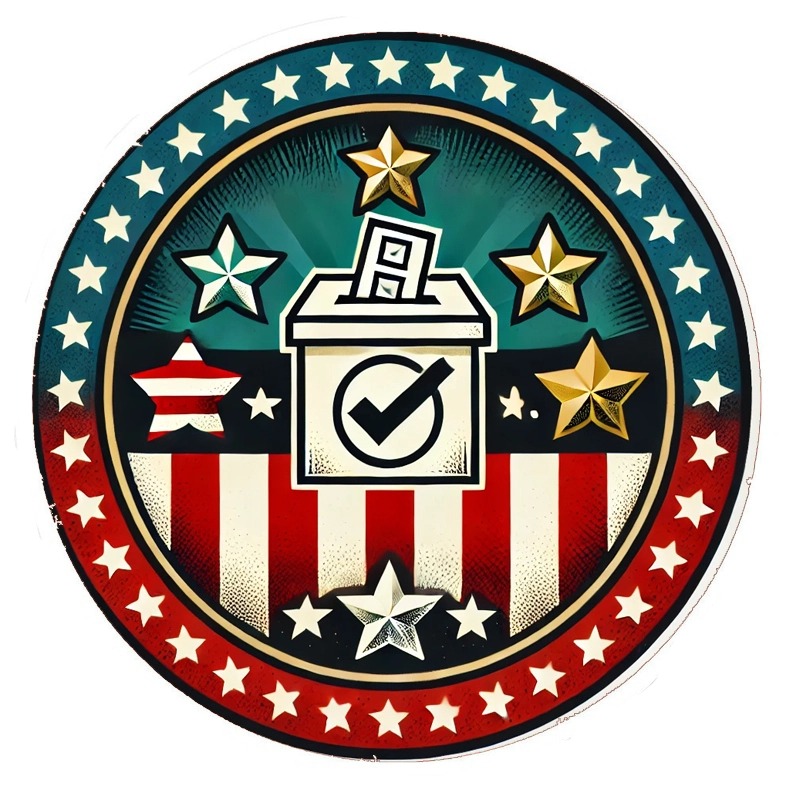Ok was reading a post somewhere else and came across someone saying how trump likes tariffs too much, which is not the first time i have heard tariffs frowned upon. I have always been of the opposite opinion and I guess would also ‘like tariffs too much’ so please enlighten me as to why they are bad.
My view:
I like to visualize the flow of wealth and whether wealth is flowing in to or out of an area. When I researched Fredrick the Great, he had become ‘the great’ thru making Prussia wealthy, and he had done this by freeing up and empowering local producers while limiting… thru tariffs… goods externally produced. This makes total sense to me. Prussian producers then pull wealth in while foreign producers no longer pull wealth out.
Another parallel is when developing countries have farmers that cannot produce goods cheaply enough to compete with the oversubsidized foreign goods flooding their market and, because their government does not tariff up the prices of the foreign goods, the locals get thrown in to poverty. These two things have always, to me, implied the role of tariffs is to prevent wealth from being drained out of an area and, as a byproduct, divert business and thus success inward instead. Because this helps local prosperity, I, I guess similarly to Trump (?), have historically viewed tariffs as generally a ‘good’ tool.
So please, explain where I’m wrong, if I am, and why tariffs would be bad. thank you


In general, incentivizing local production is good for many reasons, like jobs and the environment. It’s also one of the (not the only!) reason Switzerland is so wealthy.
I think the problem is that you have to transition and not just impose it immediately. US produced goods often aren’t currently affordable to the average American. Make foreign goods unaffordable through tariffs too, and many people will be between a rock and a hard place.
It’s also terrible for international relationships to basically cut economic ties at such short notice.
An alternative would be subsidies for small businesses rather than huge global ones, and for sustainable local farming.
Just my two cents as a European who tried to keep up.
Instead, america gives multiple massive subsidies to industrial farmers growing corn for oil additives and cow feed and gives next to nothing to small famers growing food for human consumption.
And they give business relief and tax breaks to multi billion dollar mega corporations and proportionally much much less to small businesses.
It also makes absolutely no sense to put tariffs on products and raw materials that are literally not available locally, e.g. if they are only mined in certain parts of the world or required specialized knowledge not available locally.
And incomes tend to lag price increases by quite a bit, so the average consumer gets screwed in the meantime. Assuming tariffs are offset by increased pay (due to increased revenue), it shouldn’t matter a ton longer term, but the initial price shock will have a ripple effect across the economy as people struggle to keep up.